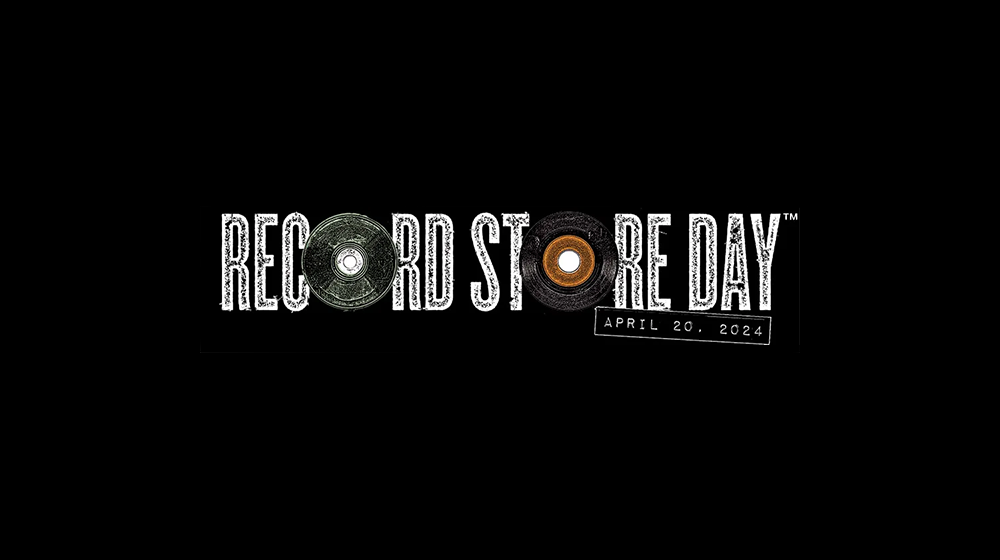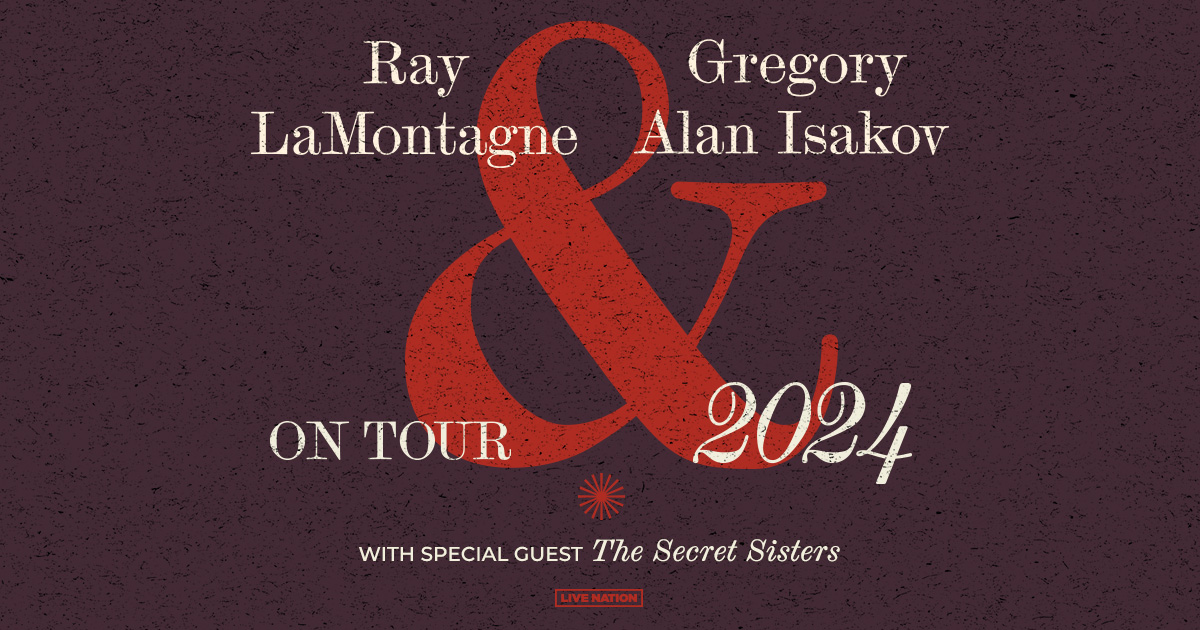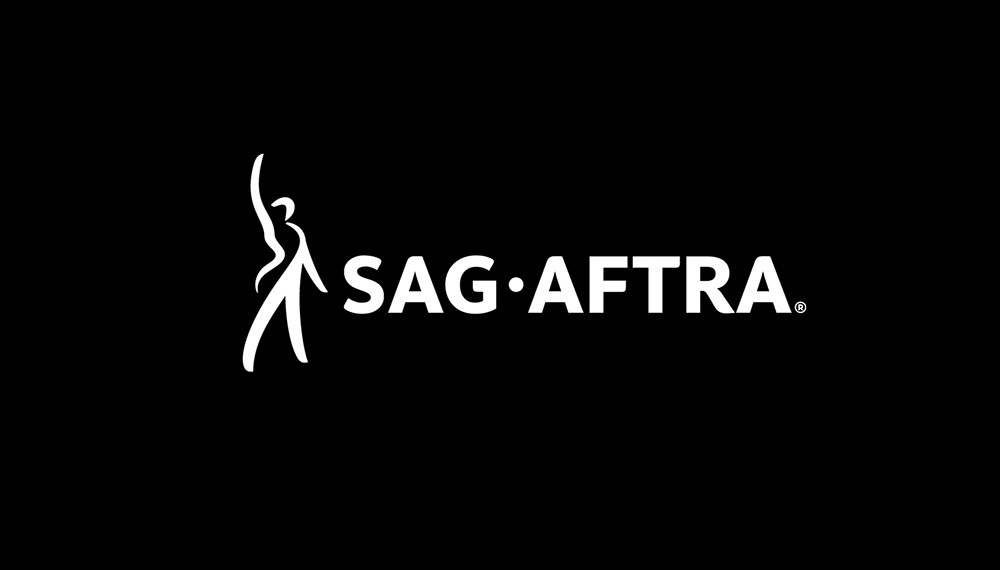
(CelebrityAccess MediaWire) —
The downward spiral of music sales in Canada resumed in 2005 as illegal file swapping took a high toll on the country's artists and music industry. New figures came with a warning from the head of the recording industry's international trade body that Canada is being left behind in the fast-growing digital music business that last year topped US$1 billion worldwide.
Net music sales in Canada declined by $23 million, or 4 percent, to $608.7 million in 2005, the Canadian Recording Industry Association (CRIA) reported. The decline resumes an almost decade-long spiral paralleling the rise of music file swapping on the Internet and follows a brief respite in 2004, when sales briefly stabilized.
"It's astonishing that a sophisticated nation like Canada has dragged its feet for so long while the rest of the world has adapted its copyright laws to the digital age," says John Kennedy, chairman and CEO of the International Federation of the Phonographic Industry (IFPI). "The digital music world is moving on. Canada must move with it or its whole music culture will suffer.
"I hope that Canada will now embrace the digital music sector, follow the example of its international trading partners and move to implement the long overdue copyright reforms on which its artists, music producers and the whole creative economy depend," he continued.
Illegal file swapping continues unabated in Canada with an estimated 1.6 billion music files swapped online annually in the face of outdated copyright laws that fail to properly safeguard intellectual property in the digital age.
In contrast with Canada's situation, worldwide music sales via the Internet and mobile phones tripled year-over-year to US$1.1 billion in 2005 and are expected to continue climbing rapidly, according to a recently released report from IFPI. Digital revenues have leapt from zero to 6% of record company revenues globally in the last two years–far greater than in Canada, where digital revenue comprises less than 1 percent of total sales.
IFPI's Digital Music Report 2006 shows that Canada is losing out by not updating its copyright laws to protect intellectual property in the digital environment as have its major trading partners. The report reveals that in the United Kingdom and Germany, which have implemented digital copyright reform, legal buyers using sites like iTunes and MSN now exceed illegal file-swappers.
By contrast, illegitimate downloads outnumber legal sales by hundreds of times in Canada, which is cited by the OECD as having the largest online piracy rate per capita in the world. The IFPI report further finds that half the people who have cut down on file-swapping in Europe, where most countries have enacted digital copyright laws, have done so out of concern for the legal consequences.
"As legal downloading surges ahead in other parts of the world, Canada is marooned on the sidelines," says CRIA President Graham Henderson. "The goal of a vibrant digital marketplace in Canada will remain beyond reach until our legal environment encourages people to buy music instead of passively accepting theft on the Web."
Canada's failing digital music marketplace is illustrated by online sales of Gwen Stefani's "Hollaback Girl." The release recently became the first single to achieve online sales of 1 million songs in the United States. In Canada, by comparison, "Hollaback Girl" has barely surpassed 20,000 legal downloads. Based on population size and factoring in Canada's relatively high broadband penetration rate, Canadian sales should have been in the 150,000-download range.
"Aided and abetted by a vocal fringe group that embraces a Wild West Internet culture, the minority of Canadian consumers who steal large amounts of music are unlikely to stop until our country's copyright laws are modernized," Henderson remarks. "Until that happens, young Canadian artists struggling to build their careers face the bleak prospect of further declines in the legal market."
According to a Pollara survey conducted during Canada's recent federal election, the vast majority of Canadians want copyright reform. The study found that 91 percent of Canadians want the work of musicians, artists, composers, authors and others to be protected by copyright to ensure they get paid for copies of their work, while 74 percent believe the country's laws should be made to conform to international standards and treaties on copyright.
–Bob Grossweiner and Jane Cohen


























































